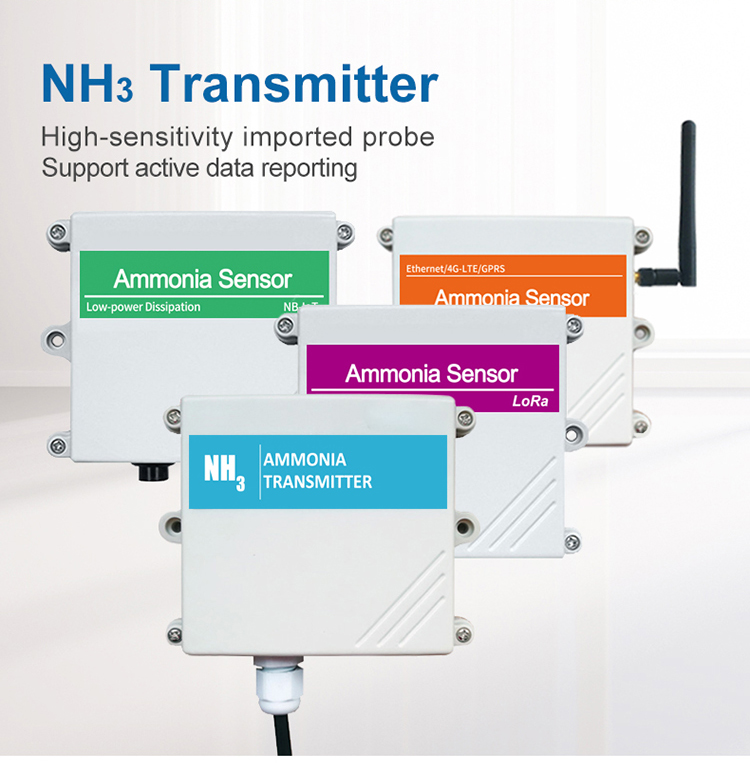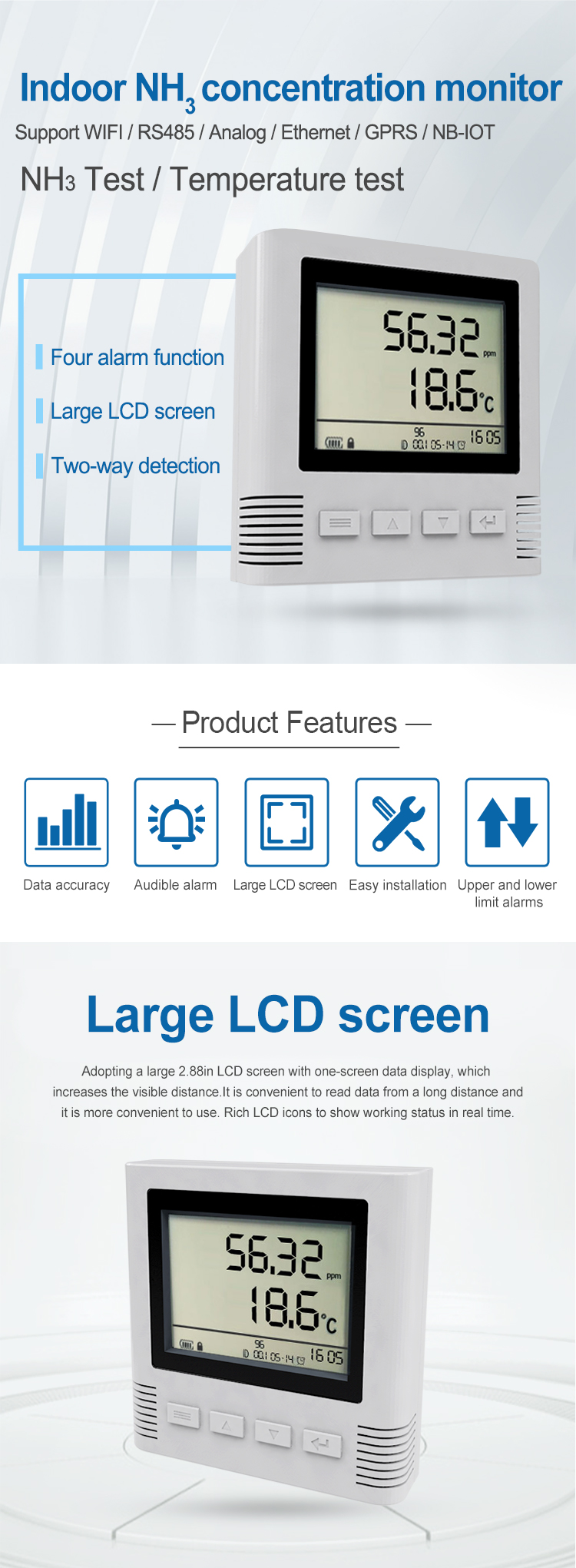Learn About NH3 sensor
NH3 sensor technology as a powerful tool for accurate and real-time measurement of levels article explores the advantages of NH3 sensor technology and its impact across different sectors.

High Sensitivity and Accuracy: NH3 sensor technology offers high sensitivity and accuracy in detecting even trace amounts of ammonia. This precision is essential in applications such as agriculture, where ammonia levels directly productivity. By providing accurate measurements, sensors enable to optimize ensuring for plant health.
time Monitoring: -time monitoring is a key advantage of NH3 sensor technology. Traditional methods of ammonia, such as manual sampling and laboratory analysis, are time-consuming and do provide immediate feedback. NH3 sensors, on the other hand monitoring, enabling timely of ammonia leaks or fluctuations in concentrations. Real-time allows prompt response, preventing potential hazards and ensuring worker safety.

Cost-effectiveness: NH3 sensors provide cost-effective solution compared to conventional monitoring methods. While laboratory analysis requires expensive equipment and skilled personnel, NH3 sensors are cost-efficient, requiring minimal maintenance and calibration. Their affordability and ease of use make them accessible wide industries and applications.
Versatility of Applications: NH3 sensor technology finds diverse applications across industries. In agriculture, NH3 sensors aid in optimizing fertilizer usage, reducing environmental impact, and. In, NH3 sensors are used for in refrigeration systems, chemical plants, and manufacturing facilities, preventing costly accidents and ensuring compliance with safety regulations. Moreover, NH3 sensors are also employed in monitoring, air quality, and as part of pollution control strategies.
Remote Monitoring Capabilities: NH3 sensors can be integrated with remote monitoring systems, allowing data collection and analysis from a centralized location. This capability provides, especially in large-scale or industrial operations where multiple sensors are deployed across vast areas. Remote monitoring enables comprehensive control over ammonia levels, optimizing resource allocation and facilitating proactive decision-making.
Environmental Benefits: The use of NH3 sensors contributes to environmental By providing accurate measurements of ammonia levels, these sensors enable the mitigation of ammonia-related environmental issues. For excessive ammonia emissions can result in air pollution and water contamination. NH3 sensors help identify emission leading to the implementation of efficient control measures, ultimately reducing the ecological impact.
Conclusion:
NH3 sensors technology offers advantages in the detection and monitoring of ammonia levels. Its high sensitivity and accuracy,-effectiveness, versatility of applications, remote monitoring capabilities, and environmental benefits make it invaluable to various sectors. With ongoing advancements, NH3 sensor technology continues to revolutionize ammonia detection, enhancing safety, efficiency, and environmental protection in diverse industries.